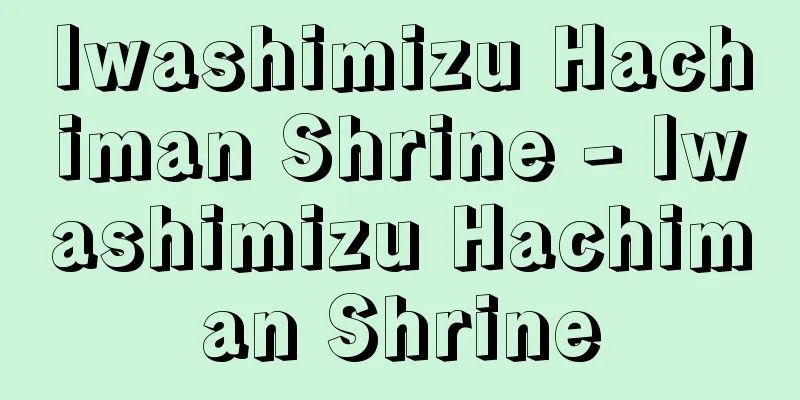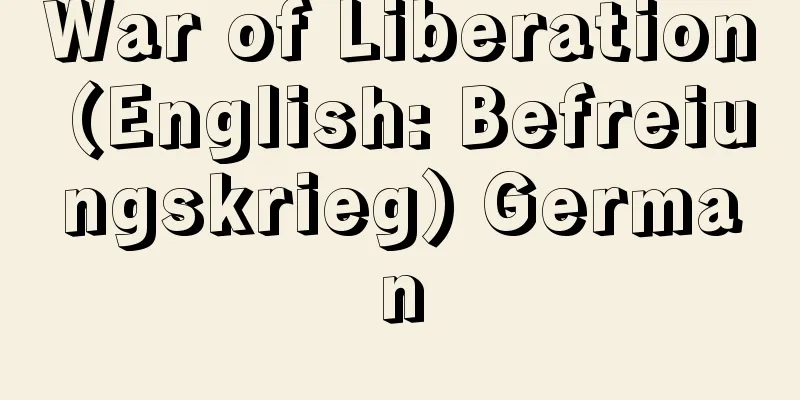Treaty of Portsmouth

|
The peace treaty of the Russo-Japanese War was signed in Portsmouth, USA on September 4, 1905 (September 5, Japan time). Although Japan won individual battles in the Russo-Japanese War, its military strength had reached its limit, so Japan took advantage of its victory in the Battle of Tsushima to ask US President Theodore Roosevelt to mediate a peace agreement. The US feared that either Japan or Russia would win an overwhelming victory and monopolise Manchuria, while Russia wanted to end the war to suppress the revolutionary movement in the country. As a result, 17 peace conferences were held from August 1, with Komura Jutaro and Witte as the chief plenipotentiaries. Due to Russia's strong stance, Japan gave up on obtaining indemnity, and the following treaty was concluded: [1] Russia recognizes that Japan has a significant military and economic interest in Korea, and will not prevent Japan from taking measures of guidance, protection, and supervision in Korea. [2] Both countries would simultaneously withdraw their troops from Manchuria and return it to China. [3] With the consent of China, Russia would transfer to Japan the lease of the southern part of the Liaodong Peninsula, the railway between Changchun and Port Arthur, and the coal mines along the railway. [4] Russia would cede to Japan the part of Sakhalin south of the 50th parallel and grant fishing rights in Primorsky Krai. With this treaty, Japan inherited the legacy of Russia's invasion of Manchuria and solidified its foothold for expansion into the continent. However, the people, who had placed excessive expectations on victory in the war, were disappointed with the treaty, which did not include reparations, and anti-peace movements arose nationwide. On September 5, a national convention held in Hibiya Park turned into riots, including the burning of the Minister of the Interior's residence. [Michio Fujimura] "Studies on the History of the Russo-Japanese War" edited by Seizaburo Shinobu and Jiichi Nakayama (1959, Kawade Shobo Shinsha) [Reference] | |Source: Shogakukan Encyclopedia Nipponica About Encyclopedia Nipponica Information | Legend |
|
1905年(明治38)9月4日(日本時間9月5日)、アメリカ合衆国ポーツマスで調印された日露戦争の講和条約。日本は日露戦争の個別戦闘には勝利したが、戦力が限界点に達していたため、日本海海戦の勝利を機にアメリカ大統領セオドア・ルーズベルトに講和の斡旋(あっせん)を依頼した。日露両国のいずれかが圧倒的勝利を収め、満州を独占することを恐れたアメリカの立場と、国内の革命運動抑圧のため戦争終結を望むロシアの希望とが一致し、小村寿太郎(じゅたろう)とウィッテを首席全権とする講和会議が8月1日から17回にわたり行われた。ロシアの強硬な態度により日本は償金獲得をあきらめ、次の内容の条約が成立した。〔1〕ロシアは、日本が韓国において軍事上、経済上に卓越した利益を有することを承認し、日本が韓国に指導、保護および監理の措置をとることを妨げない。〔2〕両国は満州から同時に撤兵し、満州を清国に還付する。〔3〕ロシアは清国の同意を得て遼東(りょうとう)半島南部の租借権、長春(ちょうしゅん)―旅順(りょじゅん)間の鉄道と沿線の炭坑を日本に譲渡する。〔4〕ロシアは日本に樺太(からふと)の北緯50度以南を割譲し、沿海州漁業権を許与する。 日本はこの条約でロシアの満州侵略の遺産を継承し大陸進出の地歩を固めた。しかし戦勝に過大な期待を抱いた国民は賠償金を伴わない条約に失望し、全国的な講和反対運動が起き、9月5日、日比谷(ひびや)公園で開かれた国民大会は内相官邸焼打ちなどの騒擾(そうじょう)となった。 [藤村道生] 『信夫清三郎・中山治一編『日露戦争史の研究』(1959・河出書房新社)』 [参照項目] | |出典 小学館 日本大百科全書(ニッポニカ)日本大百科全書(ニッポニカ)について 情報 | 凡例 |
>>: Portsmouth (English spelling)
Recommend
Economy
〘Noun〙① (━suru) (abbreviation of "keikokusaim...
Kariganesou - Kariganesou
A perennial plant of the Verbenaceae family (APG ...
Crab-eating monkey - Crab-eating monkey
An Old World monkey (illustration) of the Cercopit...
Masamu Yanase
Born: January 12, 1900, Matsuyama Died: May 25, 19...
Chills - Mom
〘 noun 〙 A chill that makes the whole body shiver ...
Gifu [city] - Gifu
Gifu City is located in the southern part of Gifu ...
Whale tow - Whale tow
…Generally, it is treated without distinction fro...
Lygdamus
...The circle of Maecenas, the right-hand man of ...
Dallapiccola
Italian composer. Born in Pizino (central Istria, ...
Apastamba Dharma Sutra - Apastamba Dharma Sutra
…The Dharma-sutras are mostly about religious dut...
Tomioka [city] - Tomioka
A city in southern Gunma Prefecture. It was incorp...
Seeds
〘Noun〙① The source of germination of plants. Seed ...
Sybaris (English spelling)
A Greek colony (Apoikia) in southern Italy. It was...
St. Gall Abbey - St. Gallen Abbey
It began as a monastery built in 613 in the Swiss ...
smooth vetch
…In cold regions, it is cultivated by sowing in t...
![Saigo [village] - Saigo](/upload/images/67cba420e741e.webp)







![Kobe [town] - Godo](/upload/images/67cb8a73ec88f.webp)
